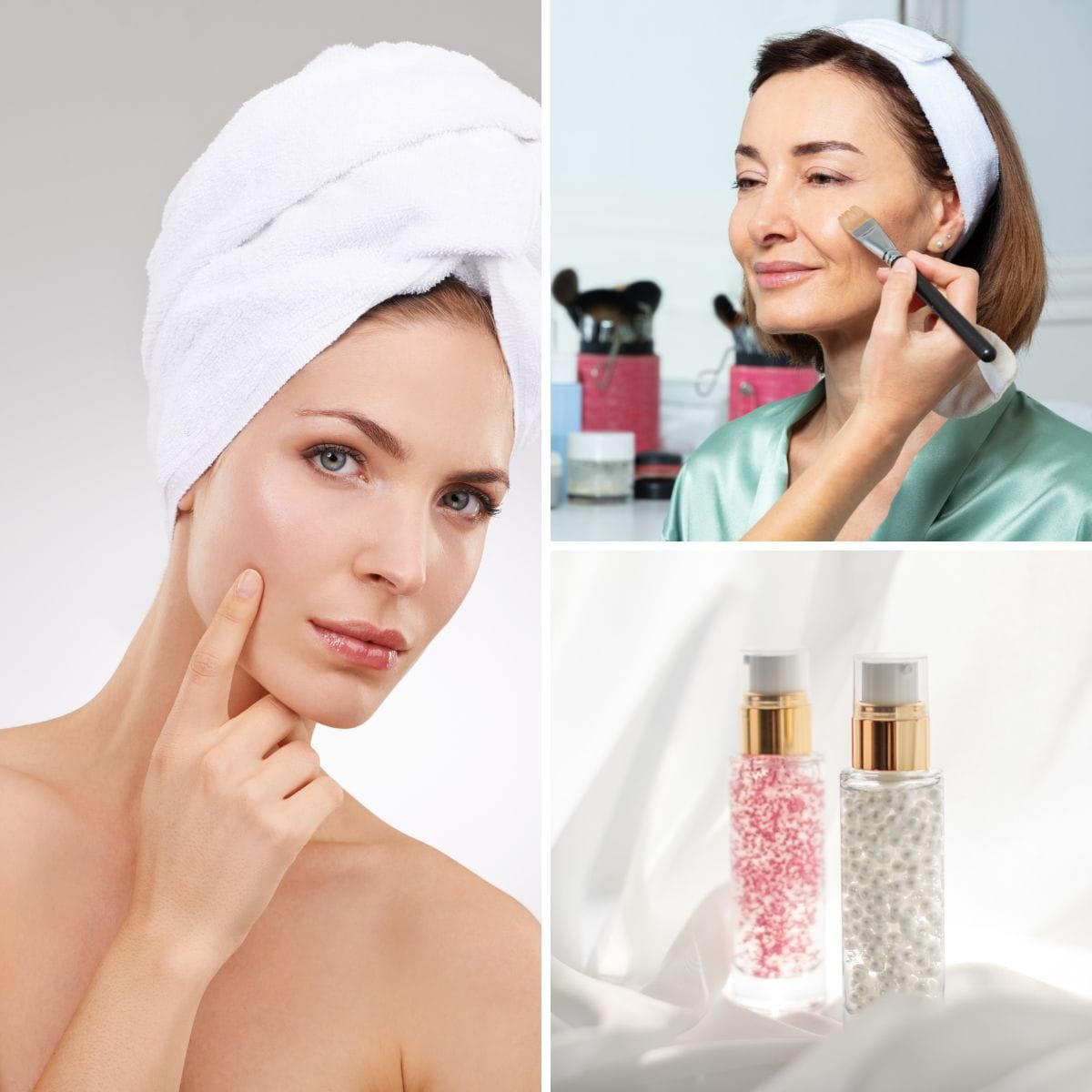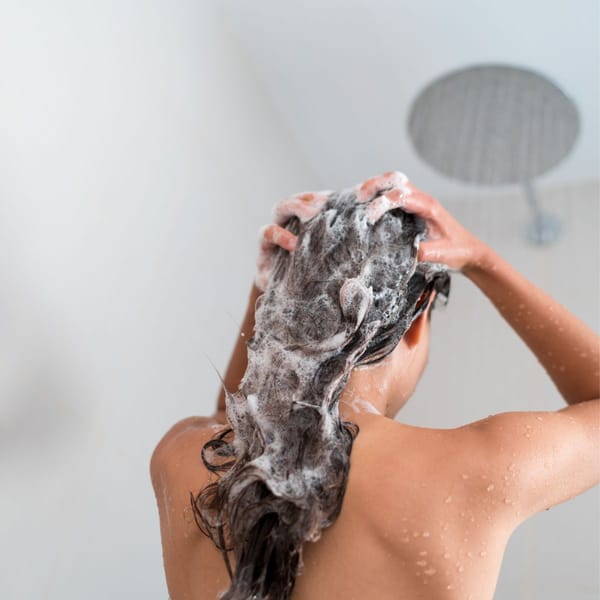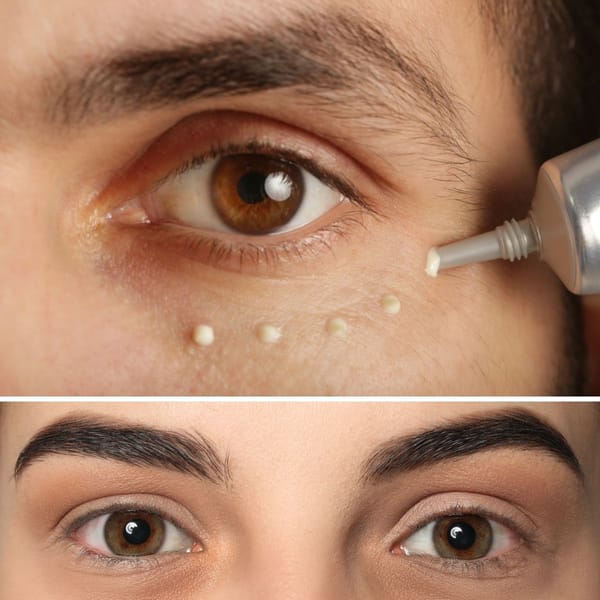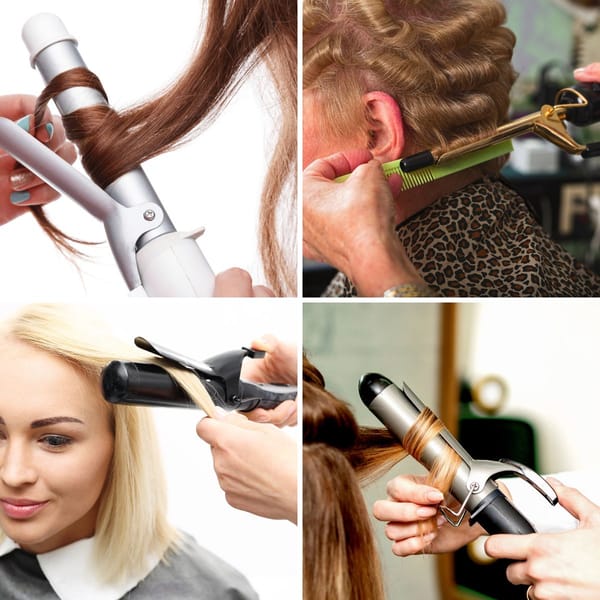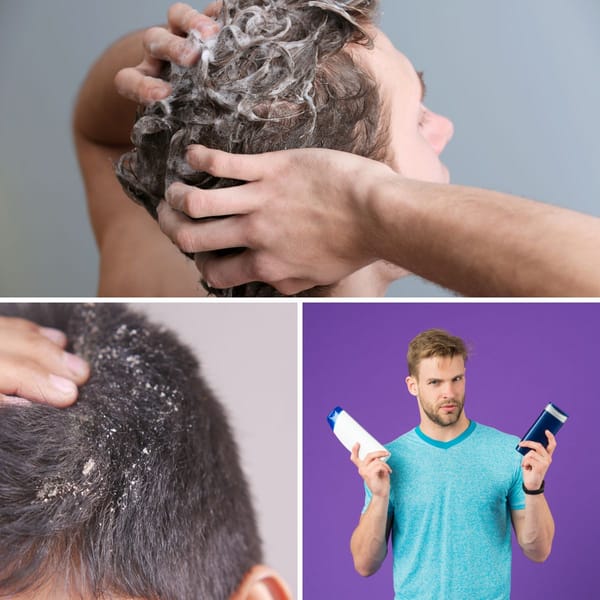Key Takeaways:
- Face primers can significantly enhance the longevity and appearance of your makeup.
- Different primers cater to various skin types and concerns, offering tailored benefits.
- Incorporating a primer into your makeup routine can create a smooth, flawless base for foundation application.
Introduction to Face Primers
Face primers have become a staple in many makeup bags, but does face primer really make a difference? This question has sparked debates among beauty enthusiasts and professionals alike. In this article, we will delve into the world of makeup primers, exploring their benefits, types, and how they can transform your makeup routine.
What is a Face Primer?
A face primer is a makeup product designed to create a smooth canvas for foundation and other makeup products. It acts as a barrier between your skin and makeup, helping to fill fine lines, blur imperfections, and extend the wear time of your makeup. Primers come in various formulations, including silicone-based, water-based, and oil-free options, catering to different skin types and concerns.
Benefits of Using a Face Primer
Using a face primer can offer numerous benefits. Firstly, it helps to create a smooth base for foundation application, ensuring that your makeup goes on evenly and stays fresh throughout the day. Secondly, primers can target specific skin concerns, such as large pores, fine lines, and uneven texture, providing added skincare benefits. Lastly, primers can enhance the longevity of your makeup, preventing it from fading or creasing.
Types of Face Primers
There are several types of face primers available, each designed to address specific skin concerns. For oily skin, a mattifying primer can help control shine and keep your makeup in place. For dry skin, a hydrating primer with ingredients like hyaluronic acid can provide much-needed moisture. Blurring primers are great for filling fine lines and minimizing the appearance of pores, while color-correcting primers can even out skin tone and address redness or discoloration.
How to Choose the Right Primer for Your Skin Type
Choosing the right primer for your skin type is crucial for achieving the best results. If you have oily skin, look for a mattifying primer that controls oil and reduces shine. For dry skin, opt for a hydrating primer that provides moisture and creates a smooth base. If you have combination skin, you may need to use different primers on different areas of your face, such as a mattifying primer for the T-zone and a hydrating primer for the cheeks.
Applying Primer: Tips and Tricks
Applying primer correctly can make all the difference in your makeup routine. Start with a clean, moisturized face, and apply a light layer of primer using your fingers or a makeup sponge. Focus on areas with specific concerns, such as large pores or fine lines. Allow the primer to set for a few minutes before applying foundation. This will ensure that your makeup goes on smoothly and stays in place throughout the day.
Primer for Different Makeup Products
Primers are not just for your face; there are also primers designed for specific makeup products. Eyeshadow primers, for example, can help your eye makeup stay vibrant and crease-free. Lip primers can create a smooth base for lipstick, preventing it from feathering or fading. Using primers for different makeup products can enhance their performance and longevity, giving you a flawless look that lasts all day.
Primer Ingredients to Look For
When choosing a primer, it's important to consider the ingredients. Look for primers with skincare benefits, such as hyaluronic acid for hydration, salicylic acid for acne-prone skin, and vitamin C for brightening. Silicone-based primers are great for creating a smooth base and filling fine lines, while water-based primers are ideal for those with sensitive skin. Understanding the ingredients in your primer can help you choose the best one for your skin type and concerns.
Primer and Foundation: A Perfect Pair
Using a primer before applying foundation can make a significant difference in the overall look and longevity of your makeup. A good primer creates a smooth base, allowing your foundation to glide on effortlessly and stay in place throughout the day. It can also help to prevent your foundation from settling into fine lines or emphasizing pores, giving you a flawless finish.
Primer for Specific Skin Concerns
If you have specific skin concerns, such as large pores, fine lines, or uneven texture, there are primers designed to address these issues. Blurring primers can minimize the appearance of pores and fine lines, while color-correcting primers can even out skin tone and reduce redness. Using a primer that targets your specific concerns can help you achieve a smoother, more even complexion.
Primer for Long-Lasting Makeup
One of the main benefits of using a primer is that it can extend the wear time of your makeup. By creating a smooth base and helping your makeup adhere better to your skin, a primer can prevent your makeup from fading, creasing, or melting throughout the day. This is especially important for those with oily skin, as a mattifying primer can help control shine and keep your makeup looking fresh.
Primer for Different Skin Types
Different skin types require different primers to achieve the best results. For oily skin, a mattifying primer can help control oil and reduce shine. For dry skin, a hydrating primer with ingredients like hyaluronic acid can provide moisture and create a smooth base. For combination skin, you may need to use different primers on different areas of your face, such as a mattifying primer for the T-zone and a hydrating primer for the cheeks.
Primer for a Flawless Makeup Look
Using a primer can help you achieve a flawless makeup look by creating a smooth base for foundation and other makeup products. It can also help to fill fine lines, blur imperfections, and extend the wear time of your makeup. By choosing the right primer for your skin type and concerns, you can enhance the overall look and longevity of your makeup.
Primer for Eyeshadow
Eyeshadow primers are specifically designed to create a smooth base for eyeshadow application, helping your eye makeup stay vibrant and crease-free. They can also help to prevent your eyeshadow from fading or smudging throughout the day. Using an eyeshadow primer can enhance the performance and longevity of your eye makeup, giving you a flawless look that lasts all day.
Primer for Lips
Lip primers can create a smooth base for lipstick, preventing it from feathering or fading. They can also help to enhance the color and longevity of your lipstick, giving you a more vibrant and long-lasting look. Using a lip primer can help you achieve a flawless lip look that stays in place throughout the day.
Primer for a Radiant Finish
If you want to achieve a radiant finish, look for a primer with light-reflecting particles or a dewy finish. These primers can help to create a luminous, glowing complexion, giving you a healthy and radiant look. Using a radiant finish primer can enhance the overall look of your makeup, giving you a beautiful, lit-from-within glow.
Primer for a Matte Finish
For those with oily skin or who prefer a matte finish, a mattifying primer can help control shine and keep your makeup looking fresh. These primers can help to absorb excess oil and create a smooth, matte base for foundation application. Using a mattifying primer can help you achieve a flawless, shine-free look that lasts all day.
Primer for a Smooth Base
Creating a smooth base for foundation application is one of the main benefits of using a primer. By filling fine lines, blurring imperfections, and creating a smooth canvas, a primer can help your foundation go on evenly and stay in place throughout the day. Using a primer can help you achieve a flawless, smooth base for your makeup.
Primer for Filling Fine Lines
If you have fine lines or wrinkles, using a primer can help to fill and blur these imperfections, creating a smoother base for foundation application. Look for primers with silicone-based ingredients, as these can help to fill fine lines and create a smooth, even surface. Using a primer for filling fine lines can help you achieve a more youthful, flawless complexion.
Primer for Minimizing Pores
Large pores can be a concern for many people, but using a primer can help to minimize their appearance. Look for blurring primers that can fill and blur pores, creating a smooth base for foundation application. Using a primer for minimizing pores can help you achieve a more even, flawless complexion.
Primer for Uneven Texture
If you have uneven texture or rough patches on your skin, using a primer can help to create a smoother base for foundation application. Look for primers with hydrating or smoothing ingredients, such as hyaluronic acid or silicone-based ingredients, to help create a smooth, even surface. Using a primer for uneven texture can help you achieve a more flawless, even complexion.
Primer for Color Correcting
Color-correcting primers can help to even out skin tone and address redness or discoloration. These primers come in different shades, such as green for redness, purple for dullness, and peach for dark spots. Using a color-correcting primer can help you achieve a more even, flawless complexion.
Primer for Added Skincare Benefits
Many primers now come with added skincare benefits, such as hydration, brightening, or anti-aging properties. Look for primers with ingredients like hyaluronic acid, vitamin C, or salicylic acid to address your specific skin concerns. Using a primer with added skincare benefits can help you achieve a more radiant, healthy complexion.
Primer for a Flawless Base
Using a primer can help you achieve a flawless base for your makeup by creating a smooth canvas for foundation application. It can also help to fill fine lines, blur imperfections, and extend the wear time of your makeup. By choosing the right primer for your skin type and concerns, you can enhance the overall look and longevity of your makeup.
Summary
Face primers can make a significant difference in your makeup routine by creating a smooth base, addressing specific skin concerns, and extending the wear time of your makeup. By choosing the right primer for your skin type and concerns, you can achieve a flawless, long-lasting makeup look. Whether you have oily skin, dry skin, or specific concerns like large pores or fine lines, there is a primer out there that can help you achieve your desired results.
FAQ
1. Can I use a primer if I have sensitive skin?
Yes, you can use a primer if you have sensitive skin. Look for water-based or silicone-free primers that are gentle and non-irritating. Always do a patch test before applying a new product to your face.
2. How much primer should I use?
A little goes a long way with primer. Use a pea-sized amount and apply a light layer to your face. Focus on areas with specific concerns, such as large pores or fine lines.
3. Can I use a primer without foundation?
Yes, you can use a primer without foundation. Primers can help to smooth and even out your skin tone, giving you a natural, flawless look even without foundation.

